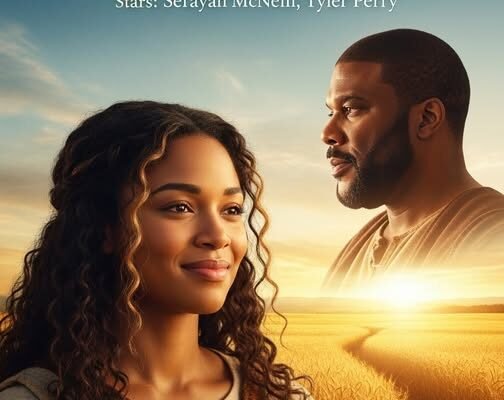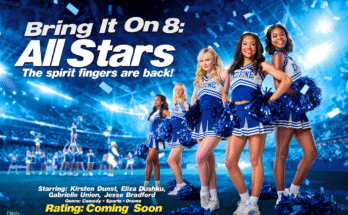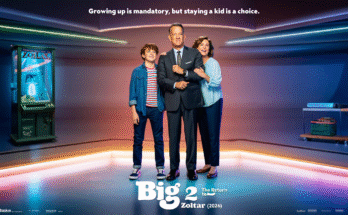In the tapestry of modern cinema, some stories arrive not with the thunder of spectacle but with the quiet persistence of truth. Ruth & Boaz is such a film—gentle, faith-driven, and steeped in humanity. It takes an ancient biblical tale and threads it through the soil of contemporary Tennessee, where music, grief, and redemption intertwine into something both timeless and deeply personal.
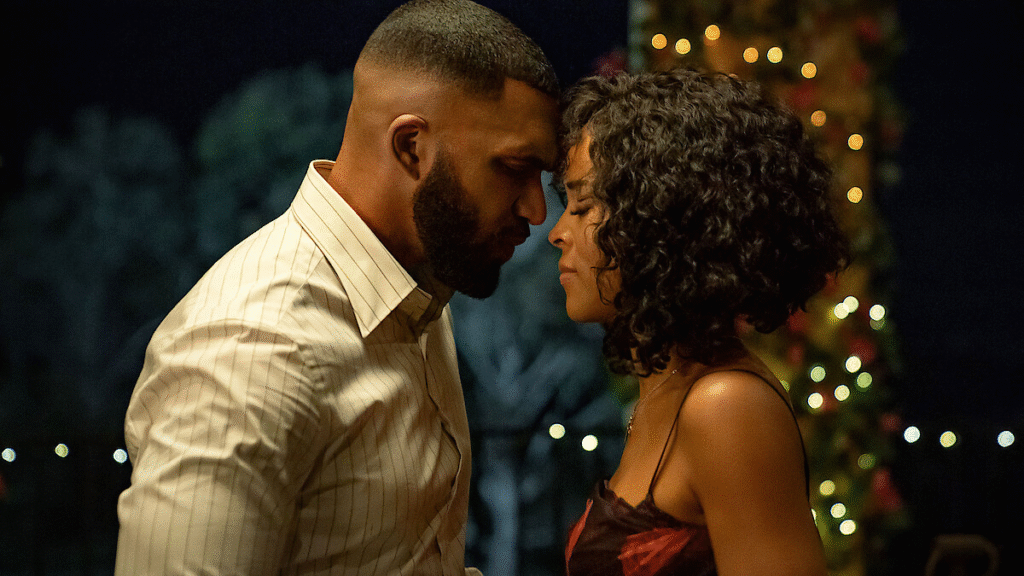
At its heart is Ruth, played with aching vulnerability by Serayah McNeill. Once a rising R&B artist in Atlanta, Ruth’s life is shattered by loss. Returning home with more questions than answers, she faces the emptiness of dreams deferred. The film paints her struggle not as a fall from grace but as a journey into silence—a silence that demands she listen again to her own soul.
Opposite her stands Boaz, portrayed by Tyler Lepley with a quiet gravitas. He is no savior, no knight in shining armor, but a man worn down by debt and loneliness. His family garage, like his life, creaks under the weight of things broken and unfulfilled. Yet beneath the grit and despair, there is a tenderness waiting to be unearthed.
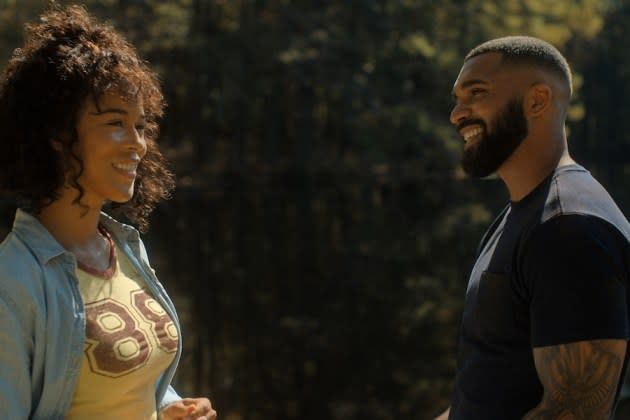
Their meeting is not a blaze of cinematic fireworks but a slow kindling—an authentic recognition of shared wounds. Director Tyler Perry and producer DeVon Franklin choose intimacy over grandeur, allowing the smallest moments—a glance, a hesitant smile, a song sung in the dim light of a church basement—to speak volumes. This choice transforms their romance into something raw and believable.
Music, too, becomes a character in its own right. The gospel-blues soundtrack resonates like a prayer stitched into every frame. Ruth’s voice, once lost to grief, returns not as a performance for fame but as an offering of healing. In this way, music becomes the bridge between past and future, grief and renewal, individual sorrow and communal strength.
What makes Ruth & Boaz so compelling is its refusal to treat love as a miracle that erases pain. Instead, it presents love as a process—fragile, deliberate, and resilient. Ruth and Boaz do not rescue each other; they rise together. The film suggests that true love is not the absence of struggle but the presence of grace within it.
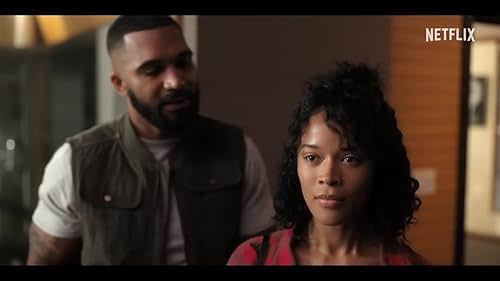
The Tennessee backdrop enriches the narrative with its earthy, rural authenticity. Dusty roads, sunlit fields, and the humble walls of a church become the stage for transformation. The film lingers on these landscapes, reminding viewers that beauty often hides in the overlooked corners of life.
Serayah McNeill delivers a performance that feels lived-in, balancing heartbreak with flickers of hope. Tyler Lepley matches her with understated strength, proving that sometimes the most powerful roles are the ones whispered rather than shouted. Together, their chemistry is neither flashy nor forced—it grows, like the roots of a tree sinking deeper into soil.
Tyler Perry’s direction leans into emotional truth rather than melodrama. His hand is steady, unafraid of silence, unafraid of vulnerability. Alongside DeVon Franklin’s vision of faith and resilience, the film strikes a rare balance—spiritual without being preachy, romantic without being sentimental.
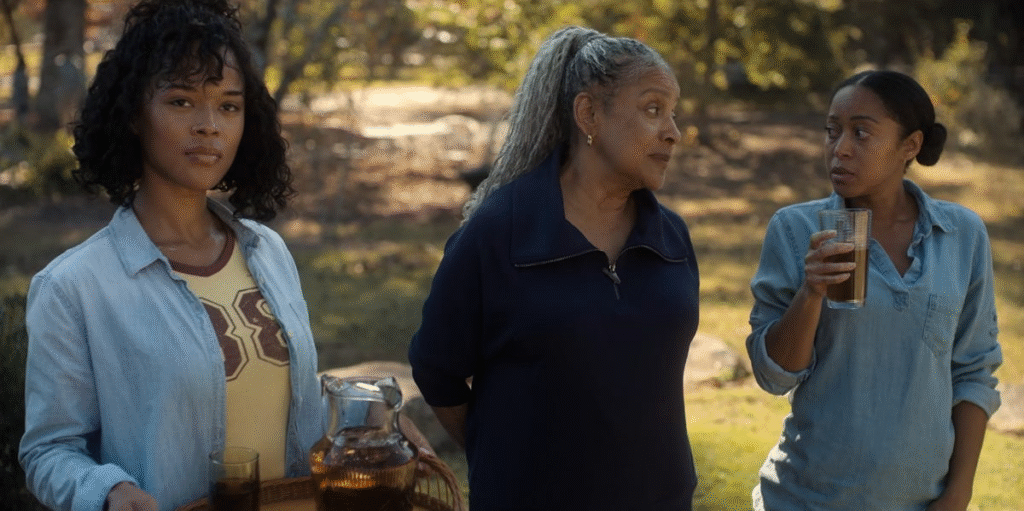
By the time the credits roll, Ruth & Boaz leaves behind more than a love story—it leaves an imprint. It whispers that even when the past has broken us, we are not beyond rebuilding. Love may not come with thunder, but it can arrive like the first fragile sprout after winter: steady, unlikely, yet full of promise.
In a world that often rushes past grief and seeks instant healing, Ruth & Boaz dares to slow down and remind us: sometimes the right love doesn’t rescue you—it helps you rise. 🌾
